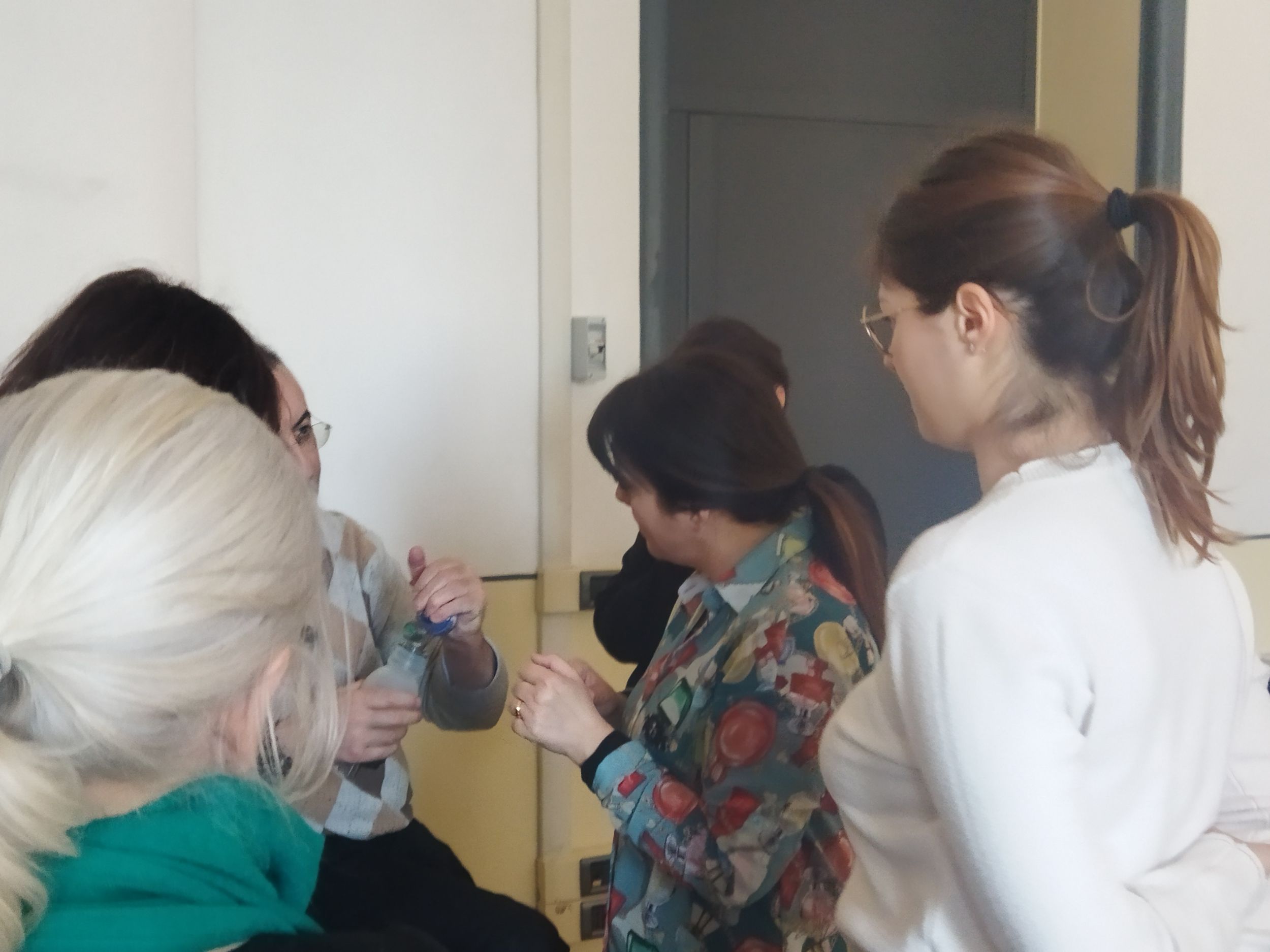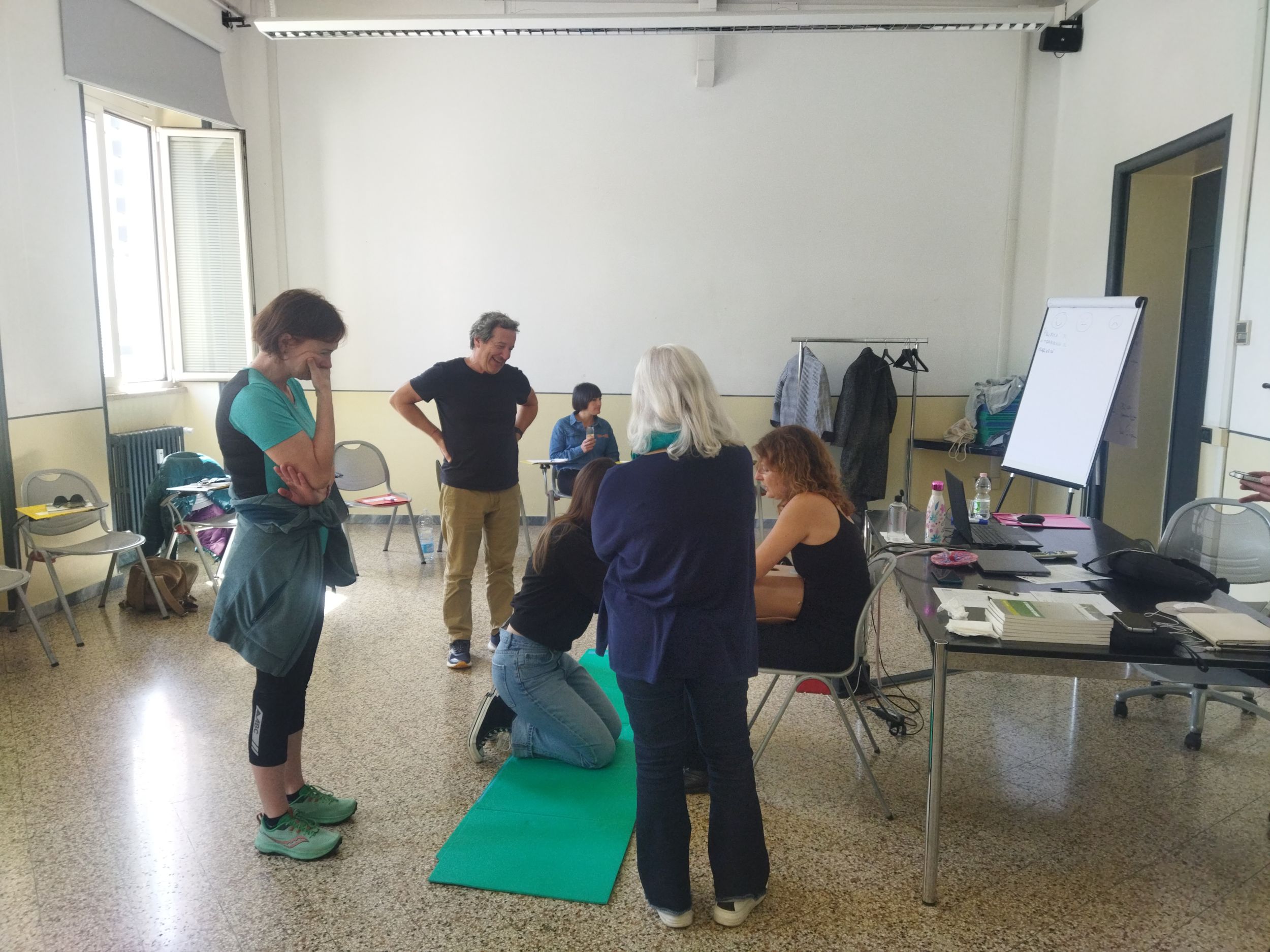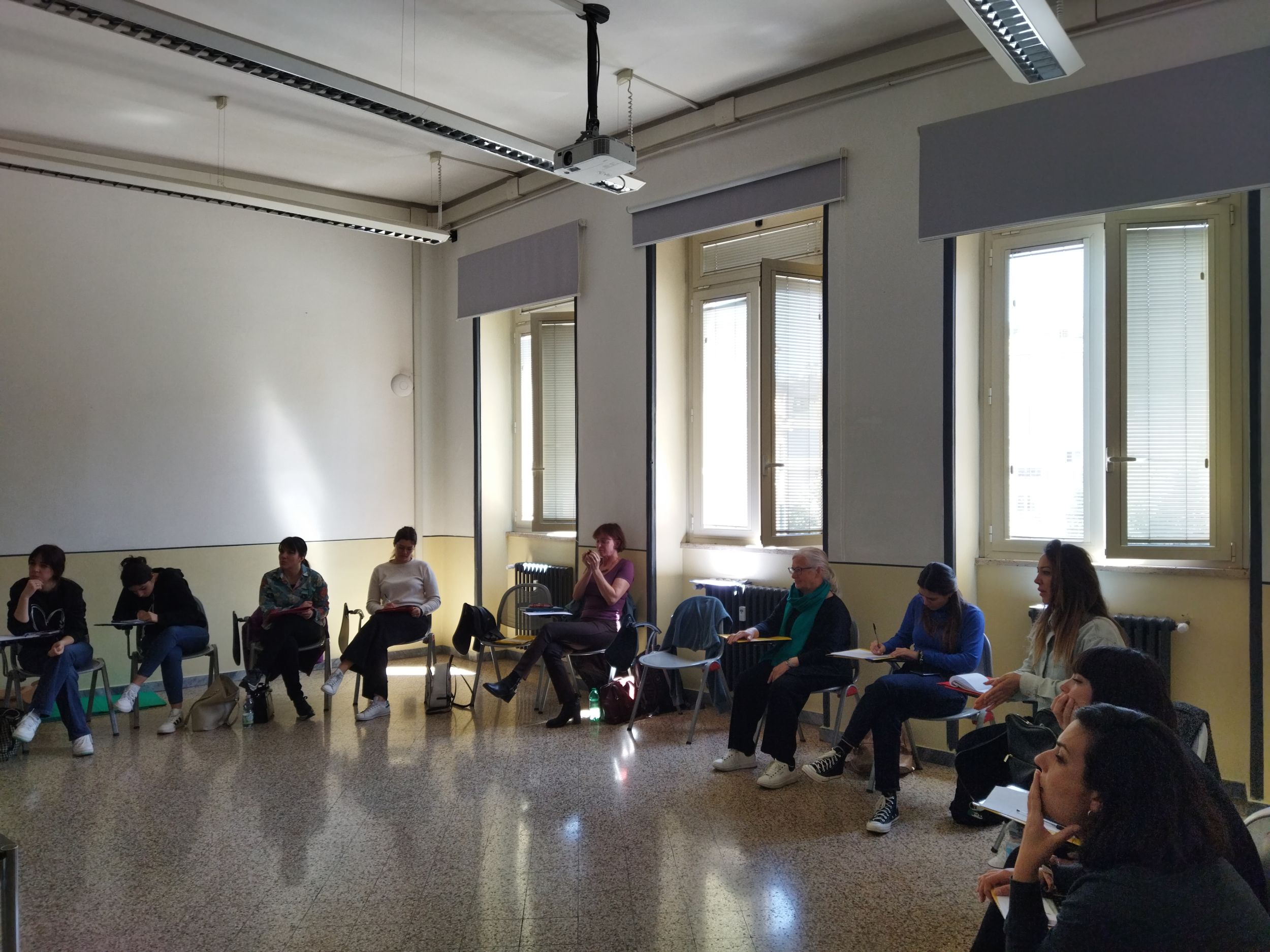

Responding to Neonatal Health Emergencies in Crisis Situations
Rome 5-6-7 April 2024
A recent three-day Course titled "Responding to Neonatal Health Emergencies in Crisis Situations" was held, focusing on key areas of support for neonatal physiology and the prevention of emergencies. Offering Continuing Medical Education (ECM) credits, the event offered, in addition to a theoretical phase, practical exercises using simulators and covered a range of crucial topics.Organized with the endorsement of the European Centre for Disaster Medicine and the Paediatric Emergency Medicine association, recognized by the Italian Department of Civil Protection, the program aimed to emphasize the importance of readiness and being equipped to handle emergencies, particularly in adverse socio-environmental conditions.
The curriculum included essential components such as communication during emergencies, prevention, and effective management of shoulder dystocia, neonatal resuscitation, and postpartum haemorrhage management in emergency contexts. With a focus on supporting of both mother and child, the Course delved into the complexities of neonatal adaptation and feeding within crisis situations.
Highlighting the necessity for a cohesive team approach in managing complicated deliveries under emergency conditions, the Course underscored the importance of teamwork in providing effective care.
A significant aspect of the training revolved around preparing healthcare workers for non-conventional and emergency birthing scenarios. Addressing the challenges of assisting childbirth away from equipped medical facilities and in adverse environmental conditions, the Course aimed to equip participants, doctors, paramedics and midwives, with the skills and confidence needed to navigate such situations effectively.
The training also covered general aspects of responding to large-scale emergencies, including mass casualty triage and logistical aspects of disaster response. The goal was to provide participants with a comprehensive understanding of the procedures and activities required to respond promptly to natural or socio-anthropogenic calamities.
Attendees left the course equipped with a solid foundation in managing neonatal health emergencies, ready to apply their newly acquired skills in real-world scenarios. With the ongoing commitment to preparedness and continued professional development, healthcare professionals stand better prepared to face the challenges posed by neonatal emergencies, ensuring the safety and well-being of the most vulnerable members of society.



